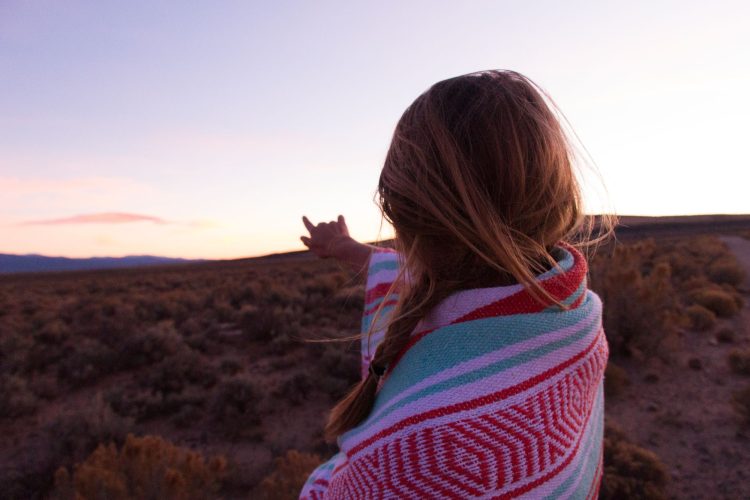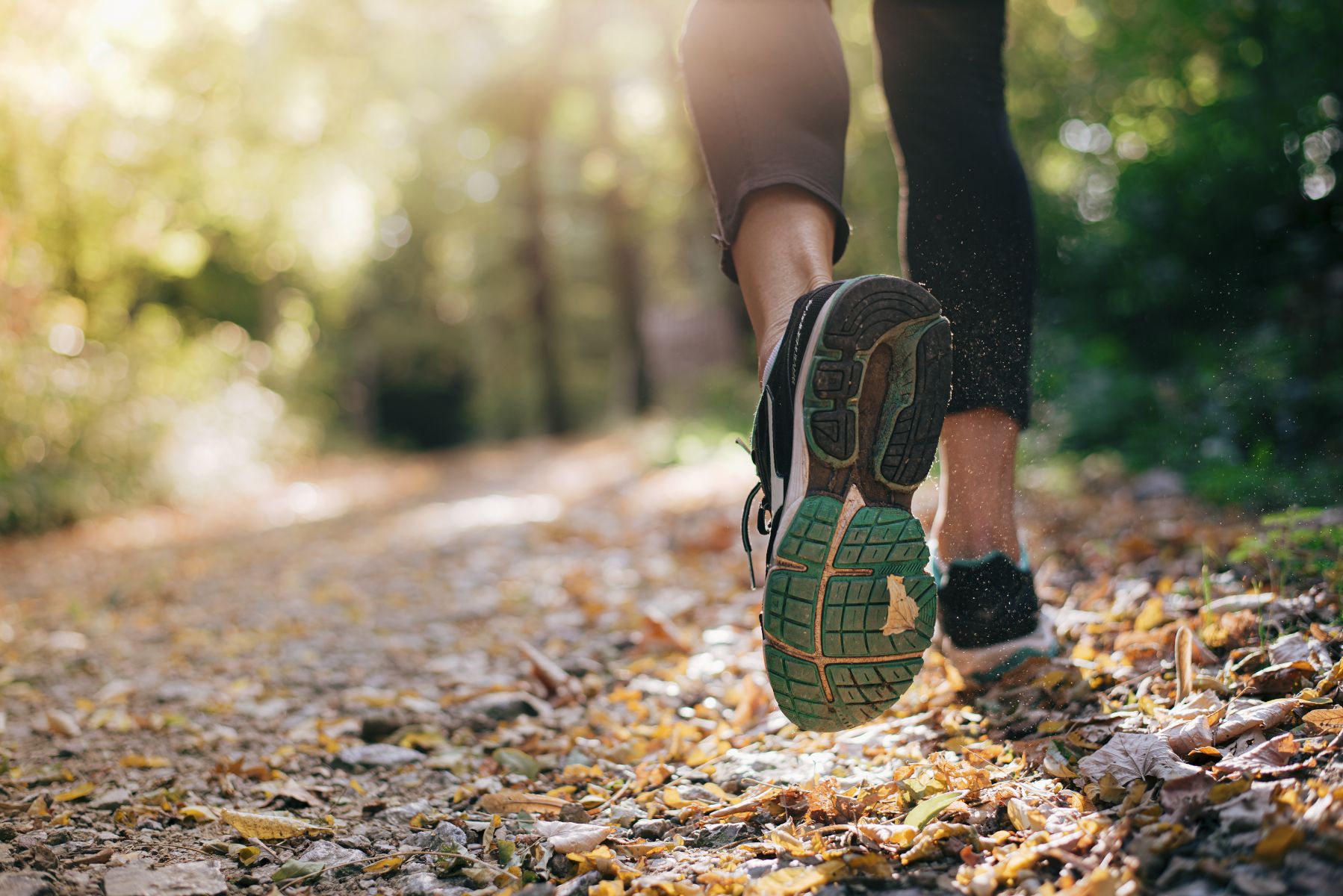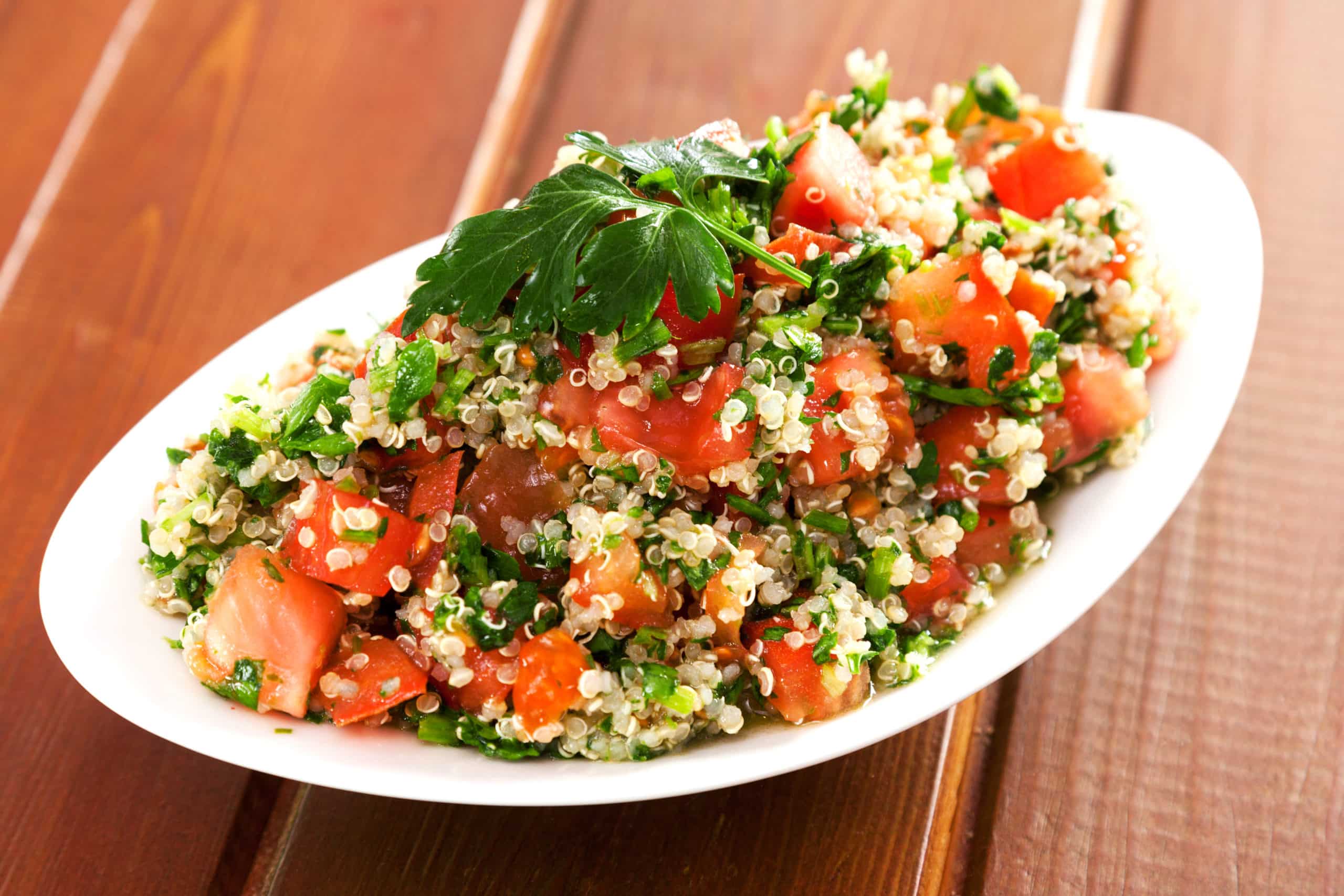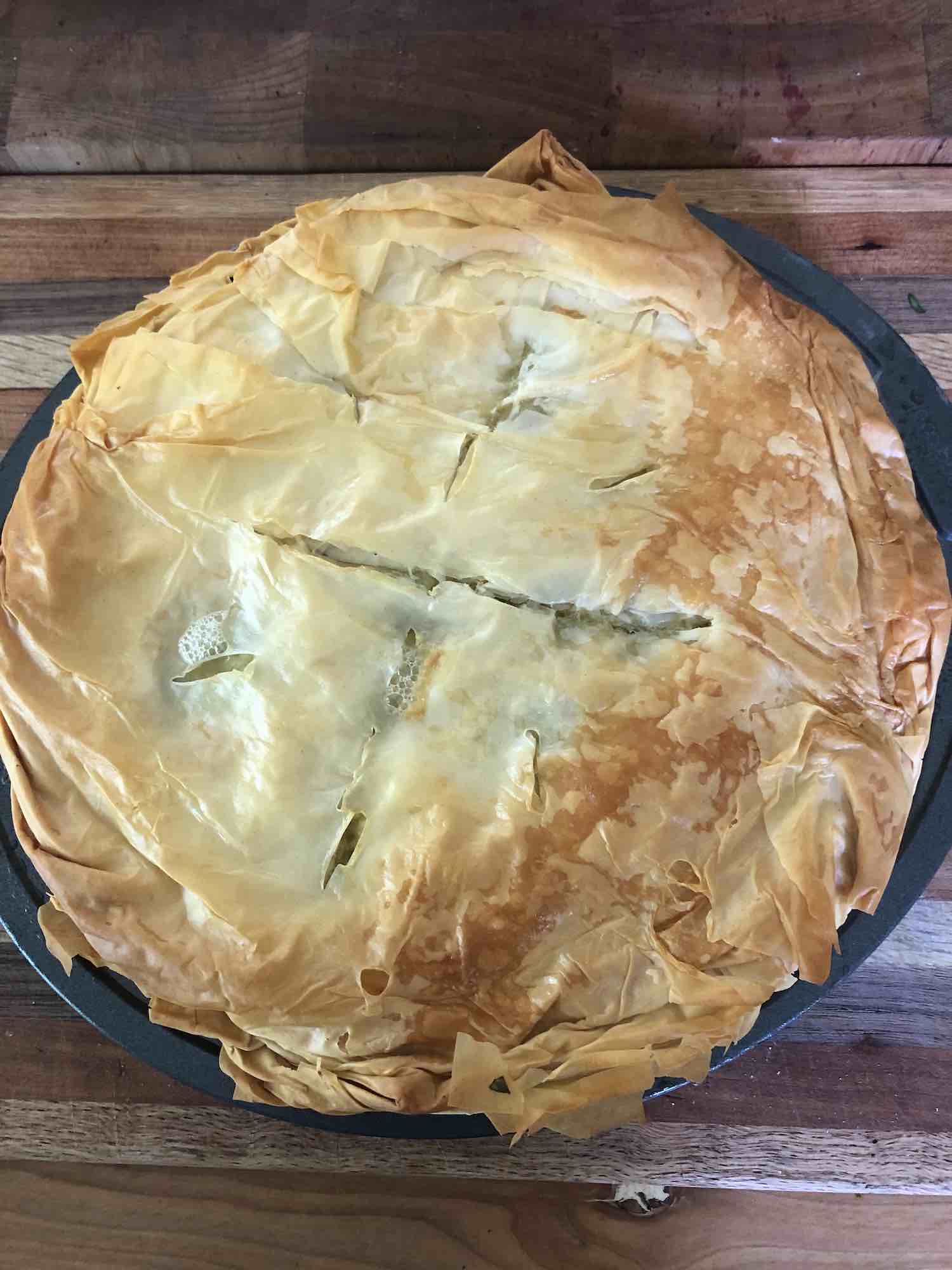We all know what’s coming: colder temperatures. First came Halloween, followed by Diwali, and Thanksgiving. Now, we’re onto the winter holidays: Hanukkah, Winter Solstice, Christmas, Kwanzaa, and New Year. During this time of year, there is often a good reason to gather, celebrate, be merry, and eat. In the midwest, where I grew up, we tend to gather, mostly indoors for comfort, have cultural foods, and be reprieved from the cold. In Michigan, we took the holidays seriously with multiple relatives and party days. With these celebrations, they often bring extra pressure (either external or internal) to show up and overindulge. For instance, the obligatory work holiday party is usually when we might feel torn: on the one hand, we feel the genuine pull of connection, on the other, we feel we “should” show up. During the winter months, how can we support an inner life of health, abundance, and personal bliss while honoring connection, commitments, and social life? Is it possible to participate and have fun at social gatherings without overconsumption or burning the candle at both ends?
Here are a few of my long-time favorite answers to the season:
- Learn how to say “no.” If you identify with overcommitting yourself, try this: an instant “yes” means yes, a slow “yes” means maybe, and a “maybe” (in the words of Jack Johnson) “pretty much always means no.” When an opportunity or invitation arrives, if we’re genuinely excited about doing anything, we will feel the “yes” in our heart and gut. Watching your initial, internal impulse as something arrives, it will often give you the clue to the invitation’s alignment with your life. Then, before giving a response, allow a bit of reflection time. Within every “yes,” you still have the ability to change plans if something comes up. Be ready to speak the truth and bail out of something if necessary. If you’re feeling conflicted, reassess and consider taking the night off. It’s true, you might disappoint someone, but it’s okay to put yourself first. In fact, it’s essential.
- Eat before engagements. Go to the event after eating a simple, home-cooked, and preferably warm (better on digestion) meal. Seriously, especially a larger or catered event where there will be delicious treats with unknown amounts of healthy snacks. When we arrive at an event with healthy foods in our body, then having a little bit of holiday treats or beverages will have a lesser impact. I’ve been doing this for years, and it really helps! I’ll eat some kale and soup before going out, and end the night feeling so much better.
- Keep up your exercise regime. It’s okay to ease up on the intensity during the winter (spring and fall are better times for high intensity), but exercise boosts immunity and happiness hormones. In Chinese medicine, ways to move the qi, including yoga, exercise, acupuncture, and herbs, are used to increase circulation and movement. Even taking extra time out for personal retreat or yoga can be a wonderful way to support ourselves.
- Watch for emotional triggers and old stories. Did you know that the littlest things can tip our expectations for the day? Even an Old Navy commercial is designed for us to subliminally think that we need to purchase more, and that life should look the way they portray it on TV: nuclear families in matching Christmas sweaters, living in a snowy, three-bedroom, two-bath house in suburbia, where Diane Keaton is simultaneously baking a turkey and participating in a kitchen flash mob. Rather than suppress stories or reactions, the best way to manage these media messages is to be reflective, observative, and proactive about the input we receive and allow yourself to feel. Invite reflection, mindfulness, and consciousness into your media (and social media) exposure.
- Limit caffeine and alcohol intake. It’s easy to want to keep reaching for at least one of these during the winter. Be extra mindful of the roller coaster that addictive substances can put you on. If you notice an increase in consumption of either, take a step back and check in with true energy levels by cleansing for a few days to get clarity around daily rhythms. Otherwise, you run the risk of pumping your adrenal glands; this will secrete cortisol, keeping you awake and productive during the day, then require a central nervous system depressant (like alcohol) to put you to sleep. This can be a vicious cycle that leaves you feeling wired and tired.
- Follow animals’ lead. Get more sleep during the winter. You might even make like a bear and carve out some time for hibernation.
According to Dr. Claudia Welch, “It’s something that’s hard to put your finger on, but there’s a tremendous benefit to the people around us when we give attention to supporting our mental and physical health.” By first nourishing the relationship with self, all relationships are strengthened and reinforced with the power of love.















2 replies on “An Ayurvedic Approach to Holiday Stress Mitigation”
Hi Kelle Ann- I’m glad it’s helpful! Happy Holidays!
Thanks so much, Bridget! This was exactly what I needed to read today. I have been mindful about caffeine and alcohol and also have eaten before going out, and it does help. I love napping with my neighbor’s dog, I need to do more of that, too.